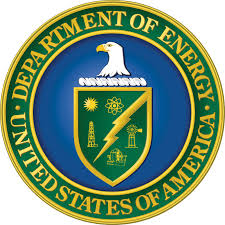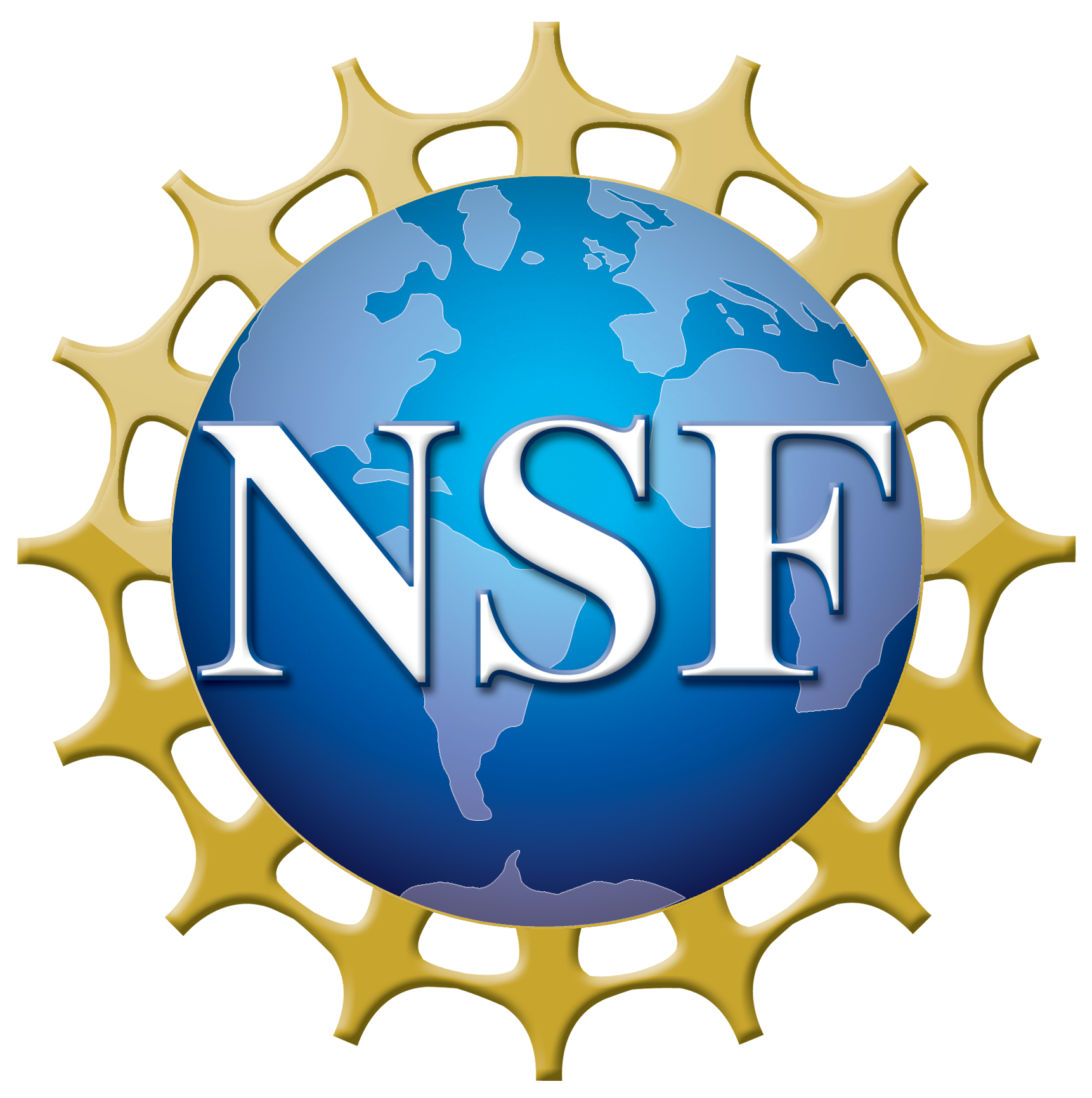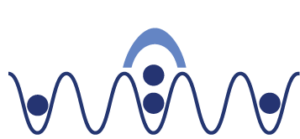
Quantum many-body systems represent a frontier in both applied and theoretical science, poised to catalyze the next technological revolution. These systems hold the promise of groundbreaking applications, including high-temperature superconductors for lossless power transmission, robust quantum computing devices, high-efficiency photovoltaic cells, and ultrafast transistors for advanced electronics. At a more fundamental level, the quantum entanglement intrinsic to these systems introduces novel states of matter, often beyond the reach of traditional perturbative or mean-field techniques.
The Wang group is dedicated to advancing our understanding of quantum many-body systems through sophisticated computational methodologies, such as high-performance computing, quantum computing, and quantum simulations. Our research is particularly focused on bridging experimental findings with theoretical frameworks to foster a comprehensive understanding of these intricate systems and to drive practical applications.
Research directions in the Wang Group can be categorized into the following four subdivisions:
Quantum Dynamics
pump-probe spectroscopic theory, ultrafast characterization of entanglement, nonthermal control of interactions, light-induced superconductivity
Quantum Materials
strongly correlated materials, entanglement witness, quantum phonons, low-dimensional materials, spectral characterization of fluctuating orders
Quantum Many-Body Methods
exact diagonalization and DMRG, hybrid variational non-Gaussian methods, Fock-state quantum Monte Carlo, quantum cluster methods, mesoscopic ab initio method
Quantum Simulations and Computing
analog quantum simulations based on cold atoms, quantum dots, or materials, hybrid quantum-classical algorithms, quantum machine learning
We acknowledge support from:











